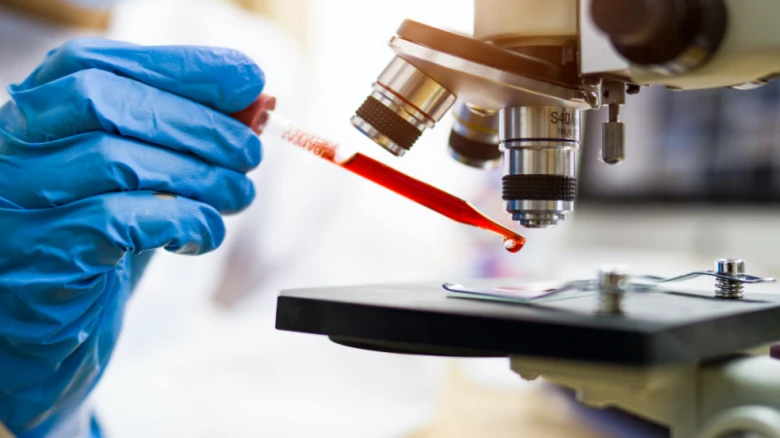As per the study, which was published in the journal Microbial Drug Resistance, "This is the first report from India indicating the occurrence of this harmful Colistin resistant gene."
Digital Desk: Researchers from Aligarh Muslim University (AMU) have identified a new variant of a multi-drug resistant bacterial gene in samples collected from the sewage water discharge of a hospital in Murshidabad, West Bengal.
According to the researchers, the novel gene mcr-5.1, which is resistant to the antibiotic Colistin, is a "pointer to the potential of an epidemic of multi-drug resistant bacterial diseases in this portion of the world."
As per the study, which was published in the journal Microbial Drug Resistance, "This is the first report from India indicating the occurrence of this harmful Colistin resistant gene."
The researchers at AMU's Interdisciplinary Biotechnology Unit in Aligarh, Uttar Pradesh, believe that the discovery of this gene in India should serve as a timely warning to take proactive efforts to address the likelihood of a threat to the country's health management system.
Professor Asad U Khan, the primary author of the research paper describing the discovery, said, "The discovery of this gene should be cause for alarm since it points to the probability of an epidemic of multi-drug resistant bacterial illnesses in this part of the world."
According to the authors, who include Absar Talat, Amina Usmani, and Asad U. Khan, Colistin is employed against several multidrug-resistant and very drug-resistant bacterial diseases,
"The appearance of the Colistin resistance gene is particularly alarming," they said in the report, "since it may lead to the failure of this l antibiotic."
Several versions of the mobile Colistin resistance (mcr) gene have been identified since its discovery, but there have been few investigations detecting mcr in hospital sewage water, according to the researchers.
"The presence of mcr in the hospital environment is particularly dangerous since it puts health-care staff, patients, and visitors at risk of infection." It could result in a multidrug-resistant bacterial illness outbreak, according to the authors.
The researchers took six samples of sewage water from the Domkal Super Specialty and Sub Divisional Hospital in Domkal, Murshidabad, by the researchers.
The mcr-5.1 gene was discovered in DNA obtained from one of the samples on March 21, last year.
The findings call for further investigation and research in hospital and clinical settings, according to the researchers.
They claim that a global surveillance network using next-generation sequencing technology to detect antibiotic-resistant bacteria will be critical in establishing future tactics to reduce the risk of a multidrug-resistant bacterial outbreak.
"The projected mortality rate of 10 million per year by 2050 owing to antimicrobial resistance (AMR) is stunning, and it becomes much more so for a nation like India, which is regarded as one of the AMR hotspots," the study's authors wrote.
"The antibiotic resistance genes and antibiotic-resistant bacteria circulating in a region's hospital sewage water are a mirror image of the antibiotic resistance genes and antibiotic-resistant bacteria circulating in its environment," they noted.

Leave A Comment